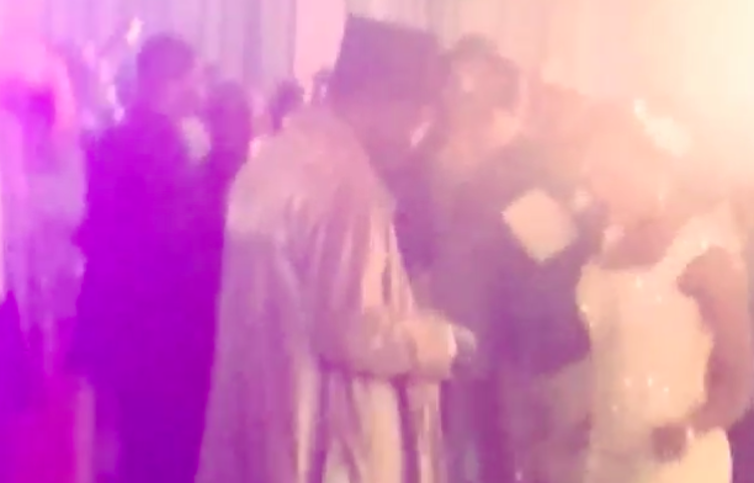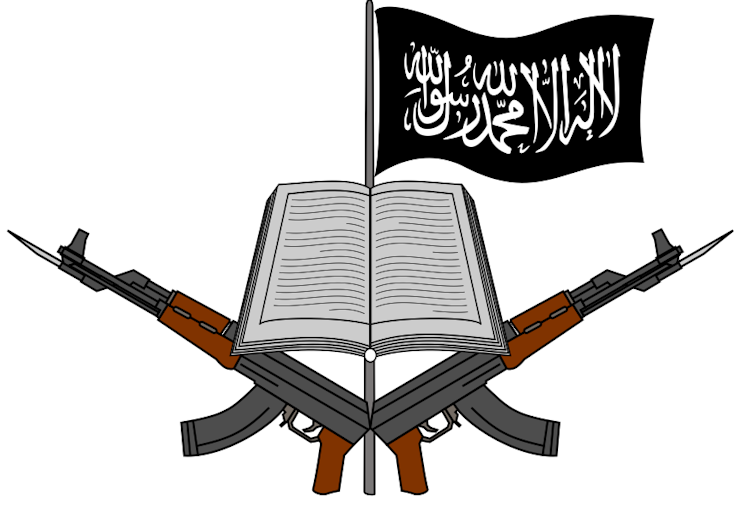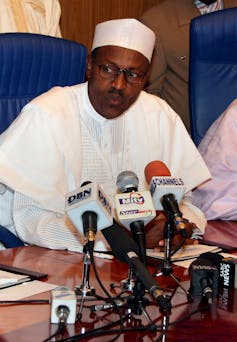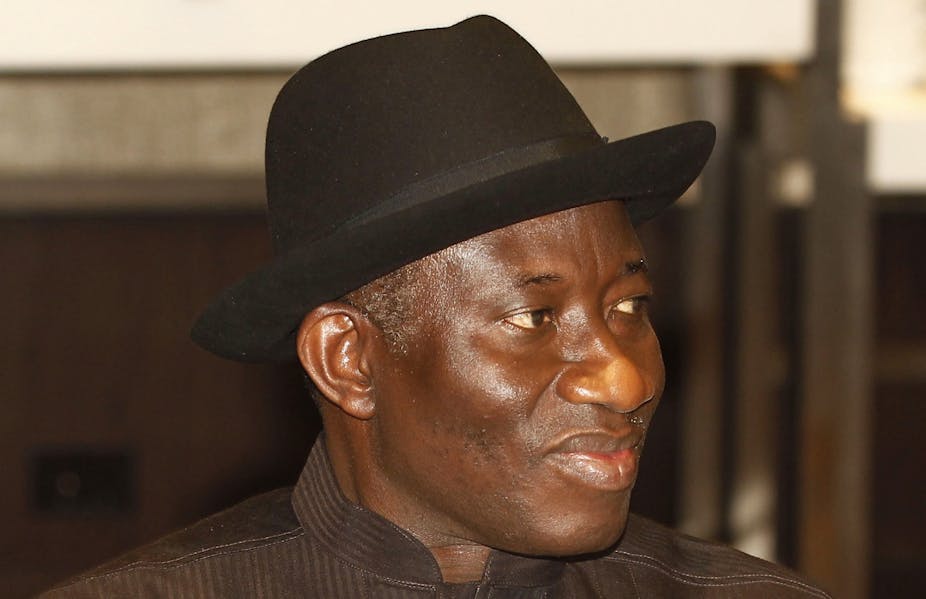In France 13 people are murdered by Islamic terrorists and it becomes a global news event, with around 50 world leaders visiting the country to take part in the mourning. In Nigeria, up to 2,000 people are murdered by Islamic terrorists and it barely makes headlines at all.
Someone at most news outlets took the decision last week and elsewhere that the Nigerian slaughter in the town of Baga was far less newsworthy. Without overstating the point, that just wasn’t the right thing to do. It shouldn’t matter to journalists where the news is. It should simply about reporting the biggest stories of the day.
But however disappointed by this difference in treatment, Nigeria’s government has to take some responsibility. A couple of days after the atrocity President Jonathan thought it appropriate to allow the wedding of his foster daughter to go ahead – and to be seen to be dancing during the celebration.

Wherever the president goes, the media follows. When you have a president who thinks that the best thing to do is to go dancing, it shows he has no respect for the people who died. Compare that with President Hollande of France visiting the crime scene shortly after the Charlie Hebdo massacre. Do you think his daughter’s wedding would have gone ahead (grandly) 48 hours after the country went into mourning?
The ongoing mystery
Another reason, I think, for the relative lack of coverage over Boko Haram’s worst atrocity is that the terrorist group is still a mystery to us and its impact is thought to be confined to Nigeria. It is a very different movement to the Movement for the Emancipation of the Niger Delta MEND, which everyone knew was all about oil, a commodity of utmost global importance.

The only thing we can say with any confidence about Boko Haram is that it opposes any form of Western civilisation. The real reason why is unclear, except to say that its members think the West corrupts “true” Islamic virtues. Of course most of the people who were killed in the town of Baga are likely to have been Muslims, but as far as Boko Haram is concerned they were clearly not true Muslims as they were open to some western ideals. Equally the group has targeted churches, however, so its main objectives are vague.
It is equally difficult to say where it is getting the funding from and who is supplying its weapons. There are pointers to al-Qaeda and some mentions of the Sudanese group al-Shabaab, and northern Nigerian politicians but Boko Haram has not revealed clear links with anyone. The lack of specificity in Boko Haram’s motives makes it difficult to link it directly to any other groups – note the very clear distinction here with the Charlie Hebdo attackers, who were both linked to militants elsewhere and were clearly reacting against cartoons that they saw as blasphemous.
Election purdah
While France is taking immediate strong steps to deal with its terrorist problem, it is clear that Nigeria will have to wait until after the national elections on February 14 to have a clear picture of what will happen next with Boko Haram.

It appears that one of the things that is limiting the ability of the military to tackle the group at present is the absence of a clear offensive mandate. It seems that the military strategy has been about limiting Boko Haram’s incursion cautiously rather than overrunning it – some would say to mask the reality that the armed forces are ill-prepared for going into battle. Indeed some Nigerian soldiers were recently court-martialed and sentenced to death for refusing to continue fighting Boko Haram on the basis that they weren’t given adequate arms and ammunition, among other things.
If Jonathan wins the election, people think the same indecisive approach will continue. There is a feeling that things will be different if his main challenger for president, Muhammadu Buhari, wins. Buhari is both a northerner and a former military leader and is expected to have more understanding of, and control over, the armed forces.
Who will win?
It is very difficult to say who will win the election at this stage. Jonathan has the advantage of incumbency and his party, the People’s Democratic Party (PDP) has raised far greater amounts for the campaign. However, many people are generally tired of the years of non-progress and would say that any change would be good. Besides, Buhari has positive records of discipline and non-corruption.
The critical question is how many will vote. Many middle-class people often abstain from voting because they think the elections are rigged but the the rise of social media has made a difference in recent elections. Clearly it is much harder to rig elections now.
The north of the country will probably vote for Buhari, while the south, where Jonathan comes from, will probably vote for him. So the election will probably be decided in the east and south-west. The latter is where Buhari’s running mate Yemi Osinbajo is from. He’s a professor with a good track record in public office (in Lagos state). These make him an attractive prospect for the electorate.
Where does the latest Boko Haram atrocity fit into this picture? It certainly will not have helped the incumbent. One of the things going against Jonathan is the pervasive sense of insecurity. Combine that with the fact that he chose to go dancing at a family wedding just after up to 2,000 people had been killed – it doesn’t look good.
This will make it easier for Buhari to cash in on his military background. Boko Haram members will not vote, one assumes. But if they did, they would vote for Jonathan. They will certainly not have much to worry about unless and until he is ejected from office.

